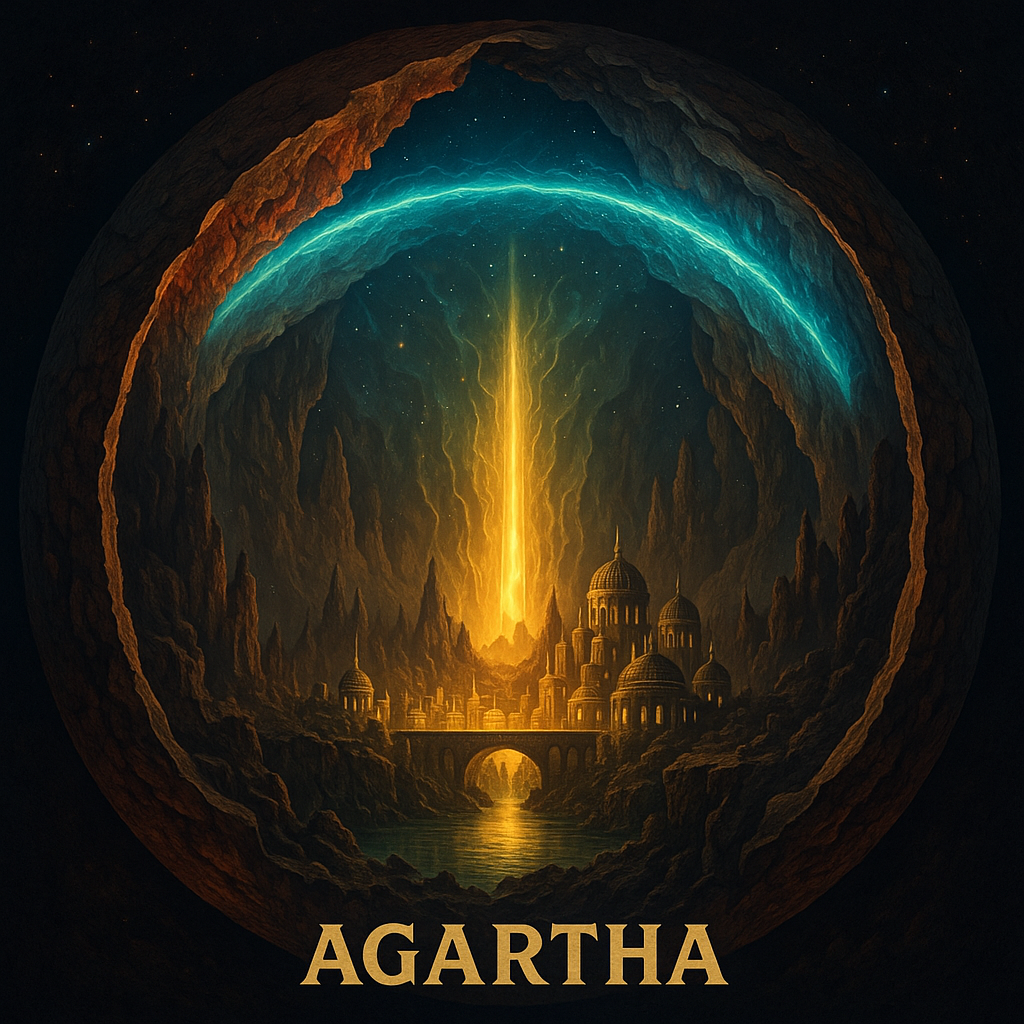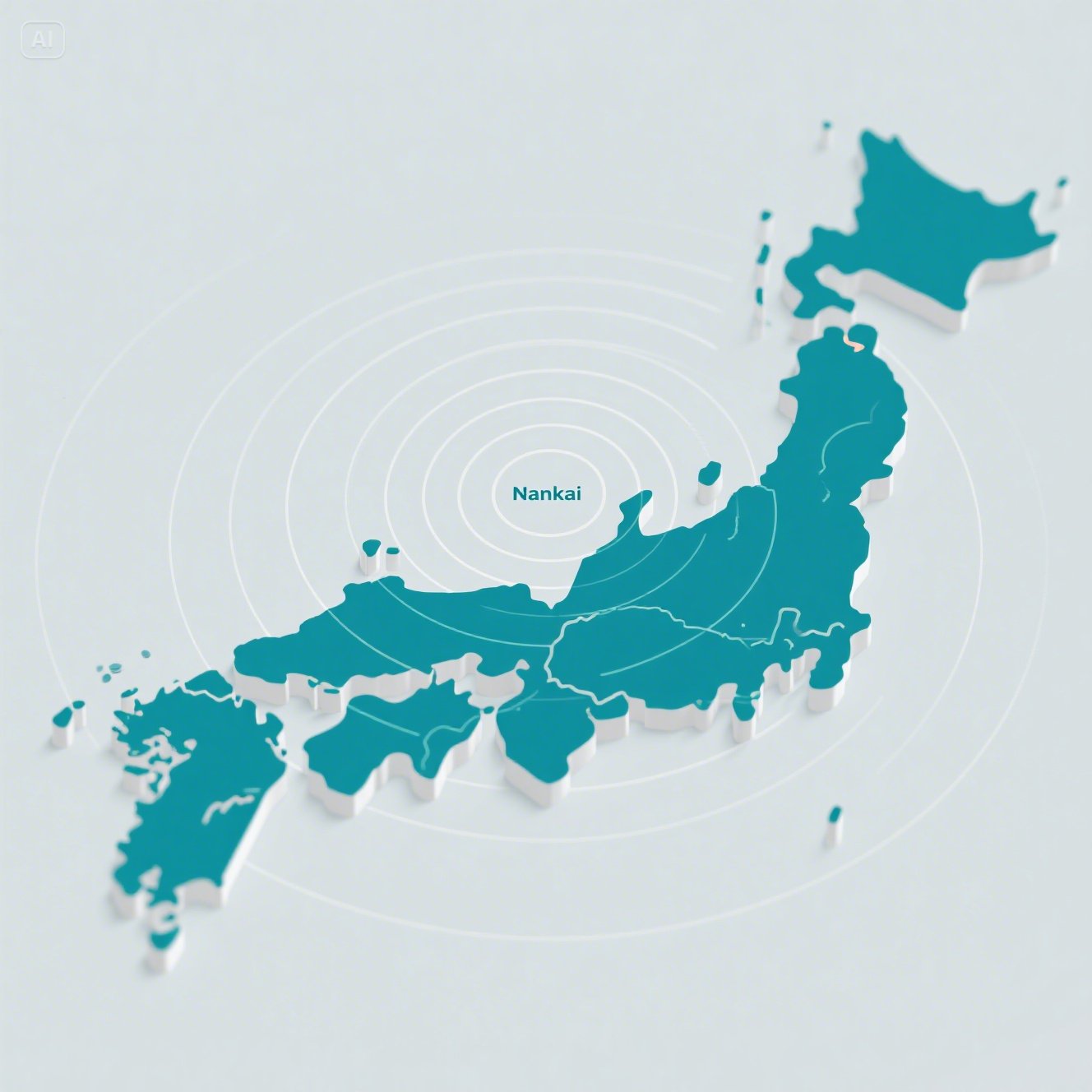Traveling to Japan? Here’s what to do and how to evacuate in case of an earthquake, especially the Great Nankai Trough Quake, in Tokyo, Osaka, Fukuoka, and more. Shock levels by distance from the epicenter, early warning systems, and tsunami evacuation instructions!
🌏 Why Japan Has So Many Earthquakes
Japan sits directly on the Ring of Fire, where four tectonic plates collide. Because of this unique geology, seismic activity is a daily part of life. Each year, Japan experiences over 1,500 perceptible quakes, and major ones like the Nankai Trough Earthquake are considered inevitable in coming decades.
📲 Essential Earthquake Info Before You Travel
🔥 High-Risk Areas
- Tokai Region – Shizuoka, Nagoya
- Kanto Region – Tokyo, Yokohama
- Tohoku Region – Sendai, Fukushima
- Hokkaido’s East Coast
📱 Apps & Resources
- Yurekuru Call
- NHK News App
- Japan Meteorological Agency (JMA)
- Google Public Alerts
🏨 Hotel Safety Checklist
- Seismic structural integrity
- Clearly marked evacuation routes
- Avoid high floors
- Ask front desk for earthquake safety instructions
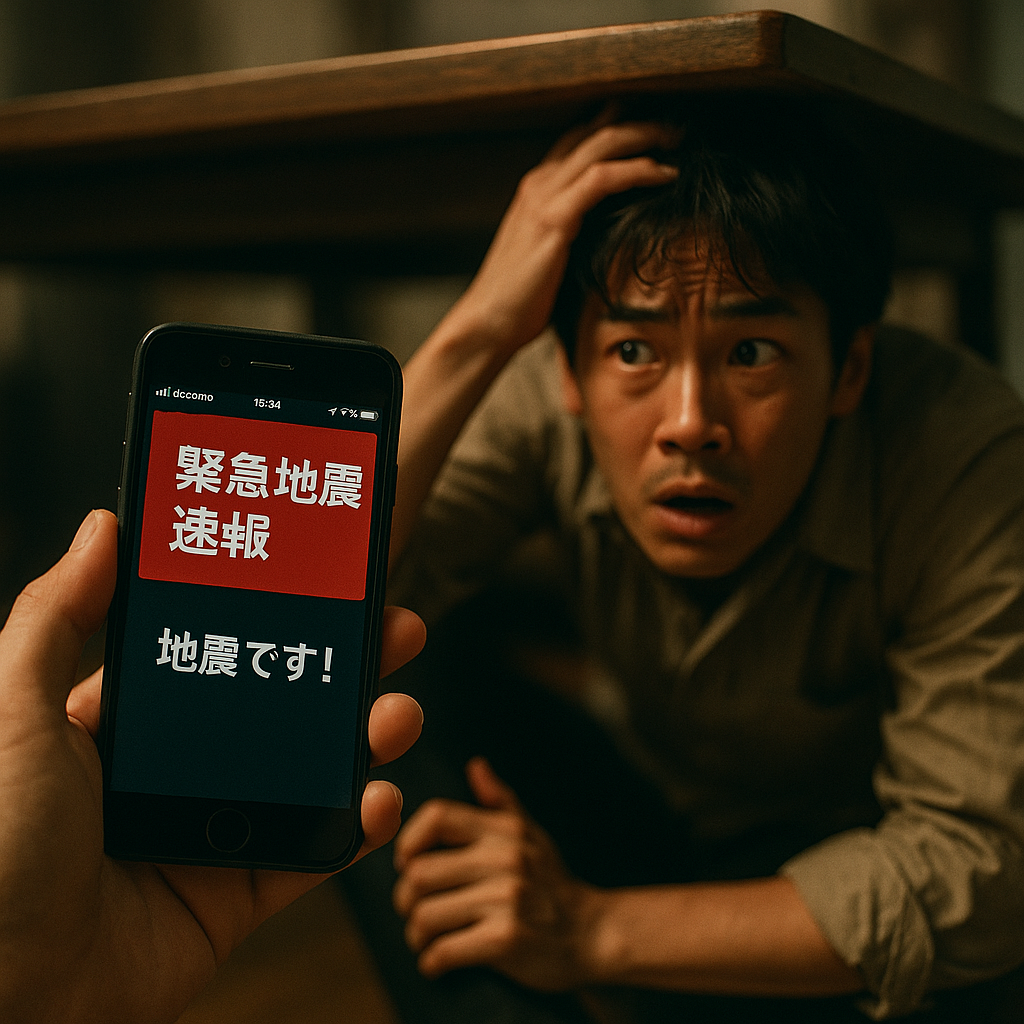
⏰ How to Detect an Earthquake Before It Hits
- EEW (Emergency Earthquake Warning): Japanese phones receive real-time alerts before seismic waves arrive.
- Multilingual PA Announcements in public places (stations, malls).
- Signs to watch for: sudden animal behavior, metallic rumbling, electric device interference.
🚨 What to Do During an Earthquake
🛏 In a Hotel Room
- Take cover under sturdy furniture
- Stay away from windows
- Put on shoes and grab your emergency bag

🚇 On a Subway or Train
- Hold onto rails
- Wait for staff instructions
- Never attempt to force doors open
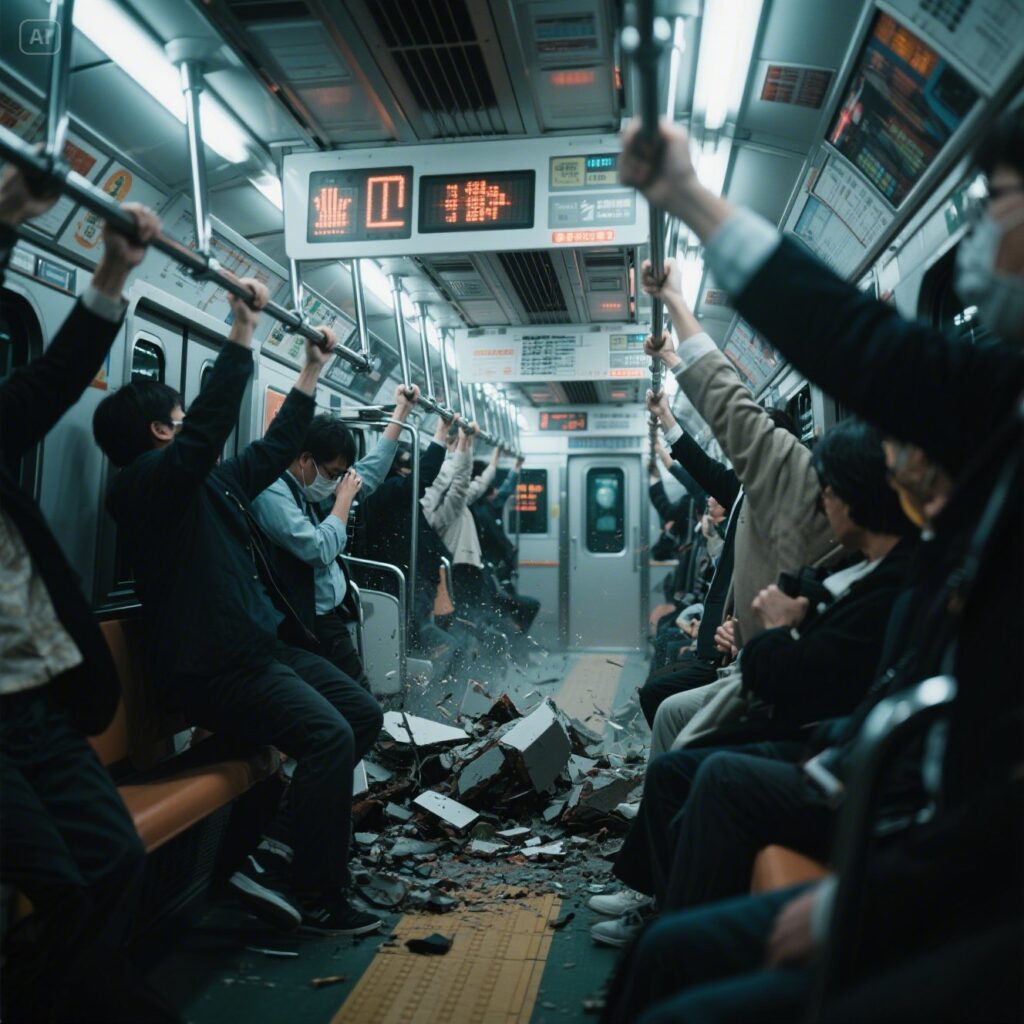
🏬 In a Shopping Mall or Indoors
- Avoid elevators
- Move away from glass displays
- Don’t panic-run toward exits
🌇 Outdoors
- Stay away from signs, streetlights, and buildings
- Seek an open area or park
- Use your bag to shield your head from falling debris
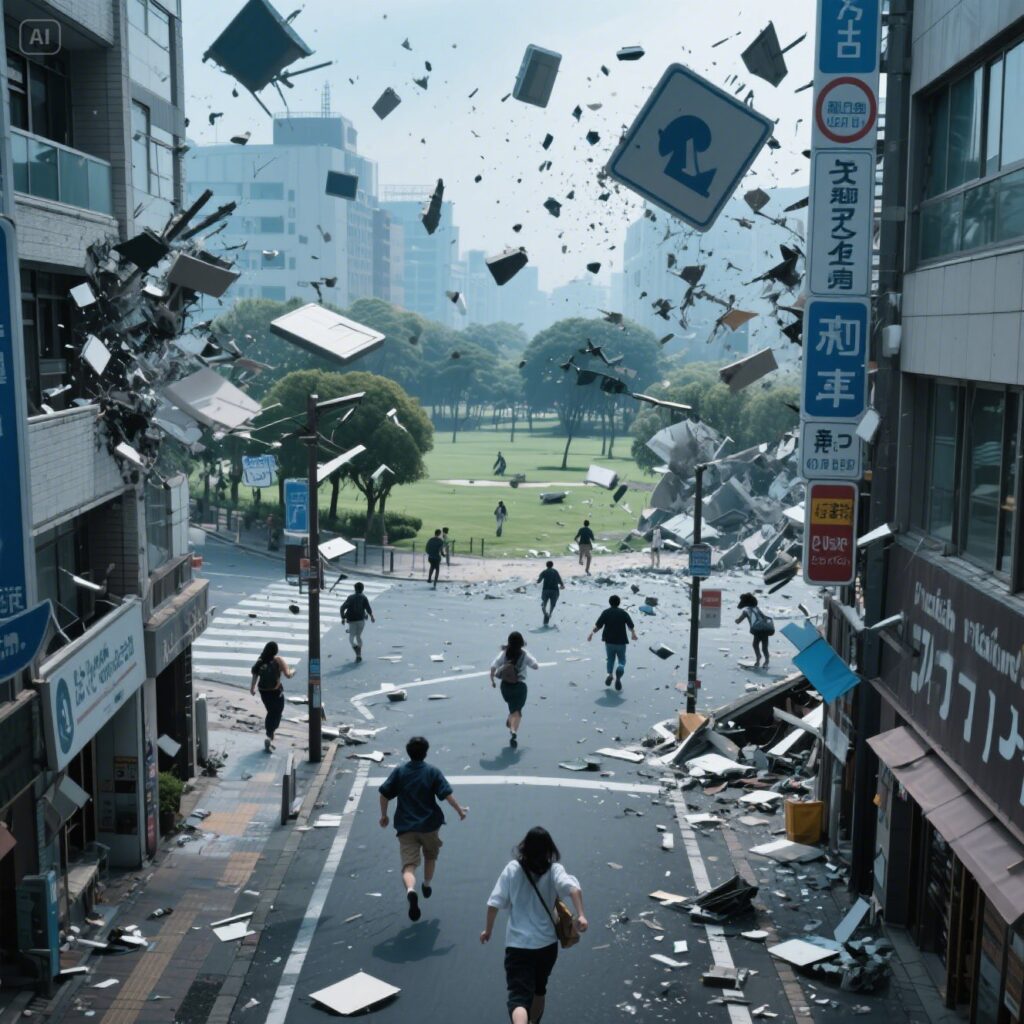
📍 Shock Levels Based on Distance from Epicenter
| Distance from Epicenter | Expected Intensity | Suggested Action |
|---|---|---|
| 0–10km | Seismic Intensity 6+ | Take cover immediately, buildings may collapse |
| 10–30km | Intensity 5 | Watch for falling objects, check exit routes |
| 30–100km | Intensity 3–4 | Stay calm, stay indoors if safe |
| 100km+ | Intensity 1–2 | Mild shaking, check news and alerts |
🌊 Preparing for Secondary Disasters
🌀 Aftershocks
Expect them within an hour. Remain under shelter a bit longer even after initial shaking.
🌊 Tsunami Warnings
If near coast, immediately move to higher ground (15m+). Stay away from seawalls and ports.
🔌 Power & Water Shortage
- Enable power-saving mode
- Fill bath or buckets with water
- Use hotel emergency food if needed
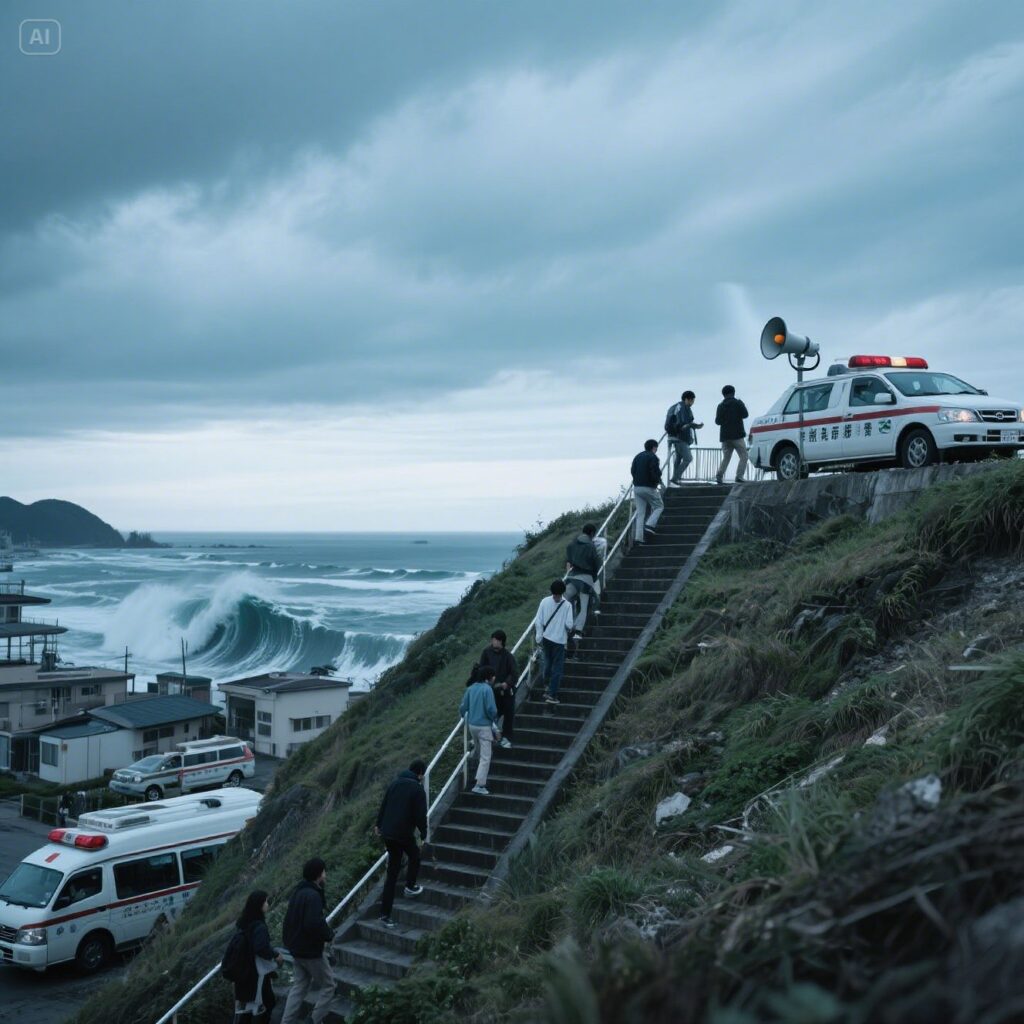
📞 Emergency Contacts and Apps
- 🇰🇷 Korean Embassy in Japan
- Tokyo: +81-3-3452-7611
- Osaka: +81-6-4256-2345
- ☎️ Japanese Emergency Numbers
- 119: Fire & Ambulance
- 110: Police
- 📱 Apps
- Safety Tips App (for foreign travelers)
- Japan Travel Guide (offline maps)
🎒 Traveler’s Emergency Packing List
- Passport & Insurance Copies
- Portable charger
- Bottled water & energy bars
- Flashlight
- Basic medication
- Whistle
- Notepad & pen
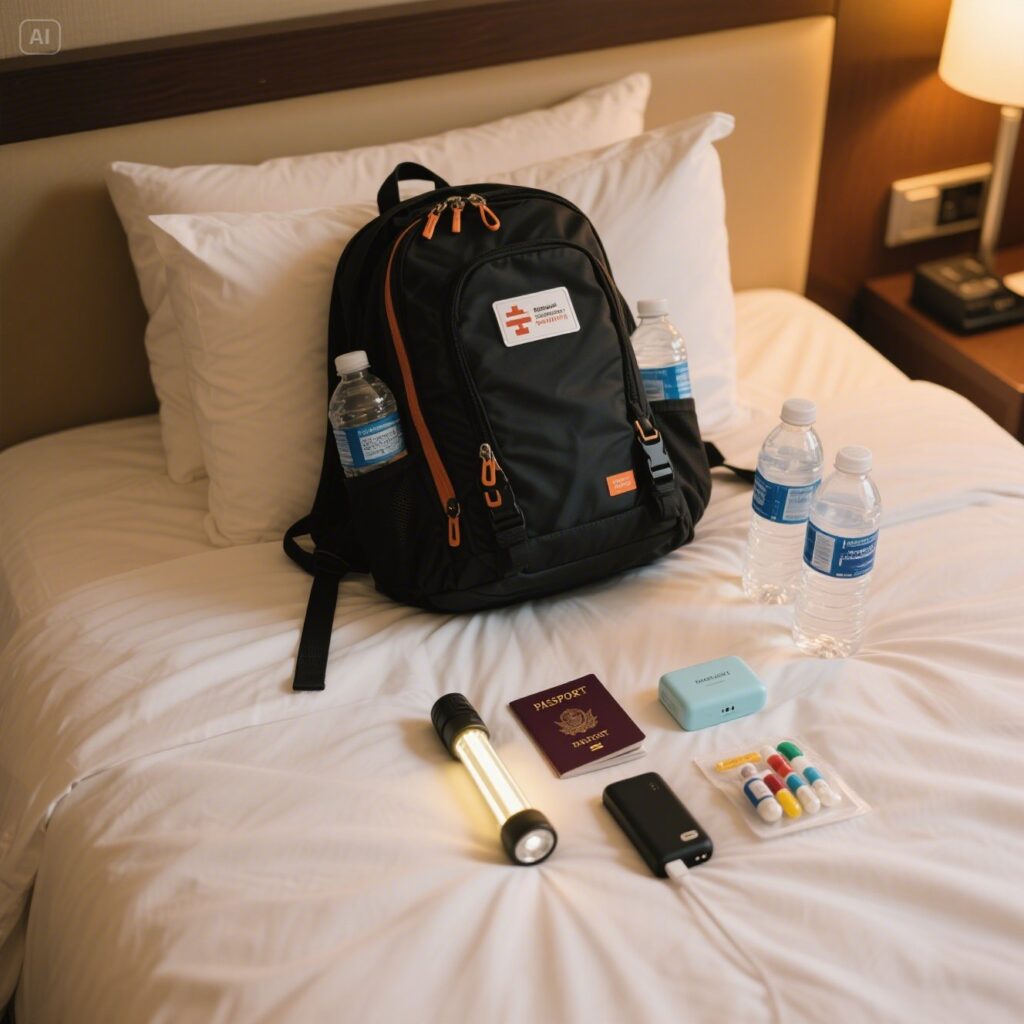
✅ Final Thoughts – Preparedness is Power
While earthquakes are unpredictable, being prepared isn’t.
If you’re traveling to Japan—especially areas like Tokyo, Osaka, or any coastal regions prone to the Nankai Trough Earthquake—this guide could literally save your life.
Stay calm, stay informed, and stay ready.
❓ Frequently Asked Questions (FAQ)
Q1. Is earthquake prediction in Japan reliable?
A1. While exact predictions aren’t possible, JMA’s alerts are fast and accurate.
Q2. Is Tokyo safe from major quakes?
A2. Tokyo has strict building codes, but it’s still in a high-risk zone.
Q3. How fast does a tsunami arrive after a quake?
A3. Sometimes within minutes, so evacuate without delay.
Q4. Can foreigners use local shelters?
A4. Yes, most shelters are open to foreigners and often provide multilingual assistance.
Q5. Does travel insurance cover earthquake damage?
A5. Some do, but check your policy for natural disaster clauses.
#japan #earthquake #earthquakepreparation #nankaiearthquake #japanearthquake #earthquaketravel #earthquakeevacuation #earthquakebehavior #earthquakeguidelines #travelhacks #japandisaster #japanemergencyresponse
